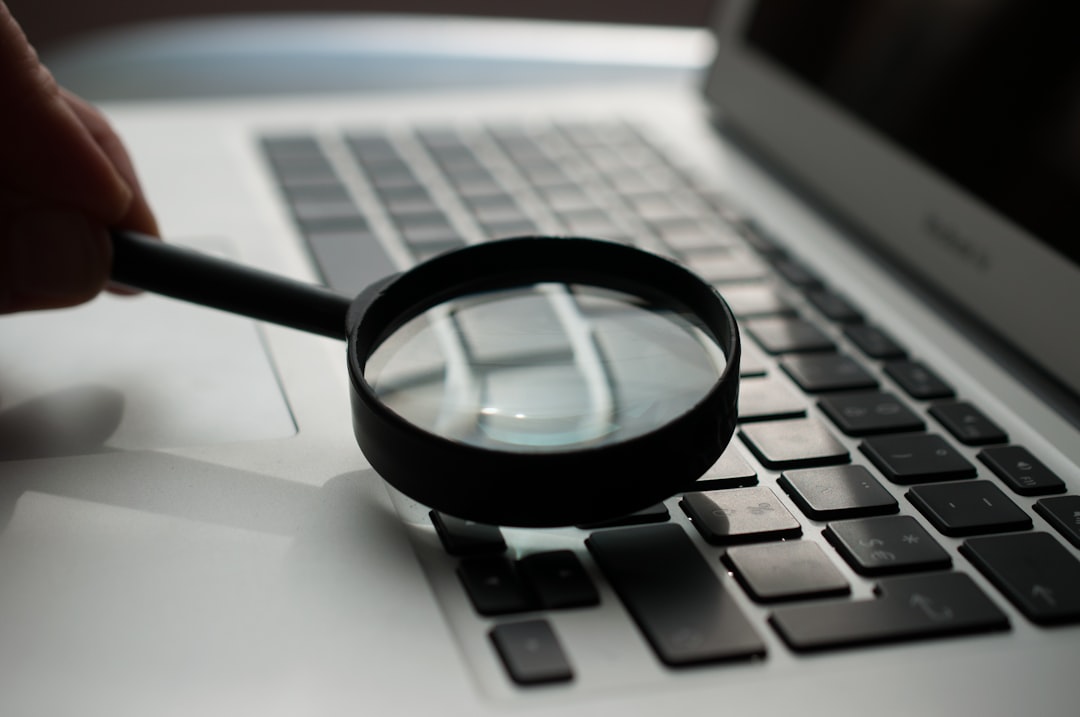In the digital age, readers encounter a vast amount of content online—from news articles and blog posts to scientific journals and opinion pieces. With so much information readily available, understanding what makes an online article credible is essential for separating fact from fiction. The credibility of an article does not merely lie in its presentation, but in a range of factors that work together to ensure truthfulness, reliability, and accuracy.
The Role of the Author
One of the first elements that influence credibility is the author’s qualifications and expertise. A writer with a background in the subject matter is more likely to produce trustworthy content. Credentials like academic degrees, professional affiliations, and past work contribute to verifying the author’s authority on the topic.
Additionally, transparency about the author’s identity and their contact information adds another layer of authenticity. Pseudonymous or anonymous articles may still be valid in some cases, but they generally lack the accountability expected from credible sources.
Sources and References
A highly credible article will cite reputable and verifiable sources. The inclusion of links to scientific studies, government websites, or well-respected news organizations allows readers to validate the article’s claims independently. If the references are clearly listed and easily accessed, it’s a strong indicator of the author’s commitment to transparency and factual accuracy.
Articles that include vague phrases such as “experts say” or “research shows” without any citations should be approached with caution. Specificity in sourcing reflects a rigorous process of information gathering.

Website Reputation and Domain
The domain of the website also matters when evaluating the credibility of an article. Government (.gov), educational (.edu), and certain non-profit (.org) websites typically adhere to higher standards of information accuracy. While not all commercial or personal blogs are unreliable, their articles should be cross-referenced with other credible sources before taking them at face value.
A well-designed, professional-looking website with minimal grammatical errors and up-to-date content gives the impression of a trustworthy platform. If the site is riddled with spelling mistakes, excessive ads, or outdated information, it raises concerns about overall reliability.
Editorial Standards and Review Process
Editorial guidelines and a solid fact-checking process significantly elevate the trustworthiness of online content. Reputable media houses and academic platforms often have dedicated teams to vet the information before publication. Peer-reviewed content—especially in academic journals—has undergone scrutiny by multiple experts and is among the most credible forms of written information.
If an article includes an “About Us” section or editorial policy page, readers can understand more about how the content is created and reviewed. Transparency in editorial practice is a sign of journalistic integrity.
Objectivity and Bias
Credible articles strive for balanced reporting and avoid emotionally manipulative language. Writers who acknowledge multiple viewpoints—even those that contradict their own—tend to produce more reliable content. Articles filled with sensational headlines, exaggerated claims, or one-sided arguments may be attempting to push a certain agenda rather than inform the reader objectively.

Audience Engagement and Feedback
Comments, ratings, and user feedback can also indicate an article’s trustworthiness. While not definitive, an active and respectful comment section or positive reviews from other credible experts can be a sign of high-quality content. On the flip side, if a piece is consistently debunked by readers or experts in the field, its credibility diminishes significantly.
Timeliness and Updating of Information
Information rapidly evolves in today’s world. A credible article should either be recent or include updates where applicable. If an article addresses ongoing issues—such as medical news or political developments—it’s important that it stays current. Look for publication dates and last updated timestamps to assess how timely the information is.
Frequently Asked Questions (FAQ)
- How can I tell if an online article is credible?
Look for the author’s credentials, reputable sources, a professional layout, and balanced coverage of the topic. - Are articles on personal blogs trustworthy?
Not always. While some bloggers are subject-matter experts, it’s best to cross-reference their information with verified sources. - Should I trust everything from .edu or .gov domains?
These domains are generally more trustworthy but still require critical evaluation. Not all content published under these domains is peer-reviewed. - What role do sources play in credibility?
Reliable sources support claims with evidence and are typically published by recognized institutions or experts.
In summary, several interconnected factors determine the credibility of online articles. Being a critical and mindful reader—one who checks for reliable sources, evaluates author credentials, and recognizes signs of bias—ensures a more informed and discerning digital experience.
